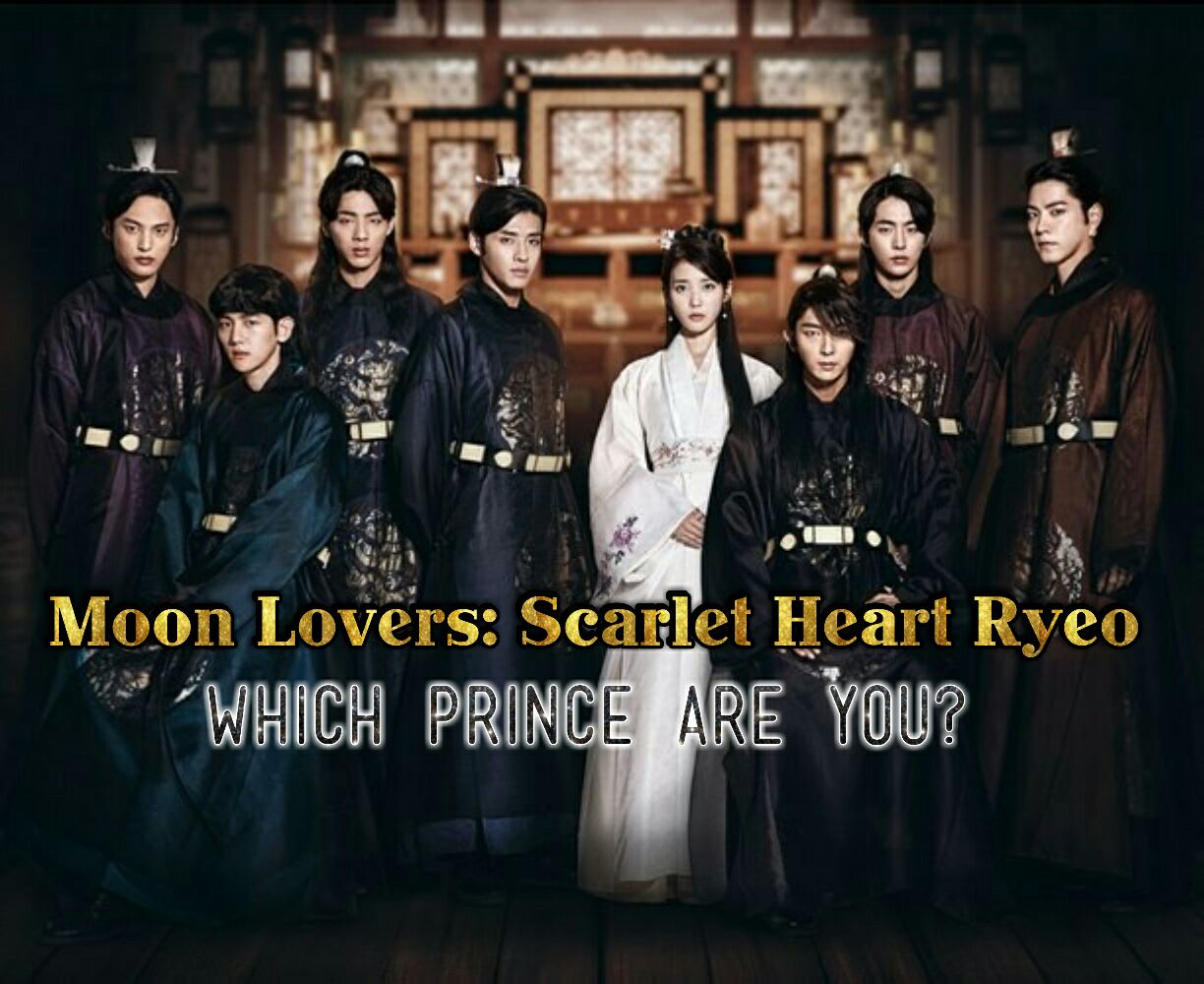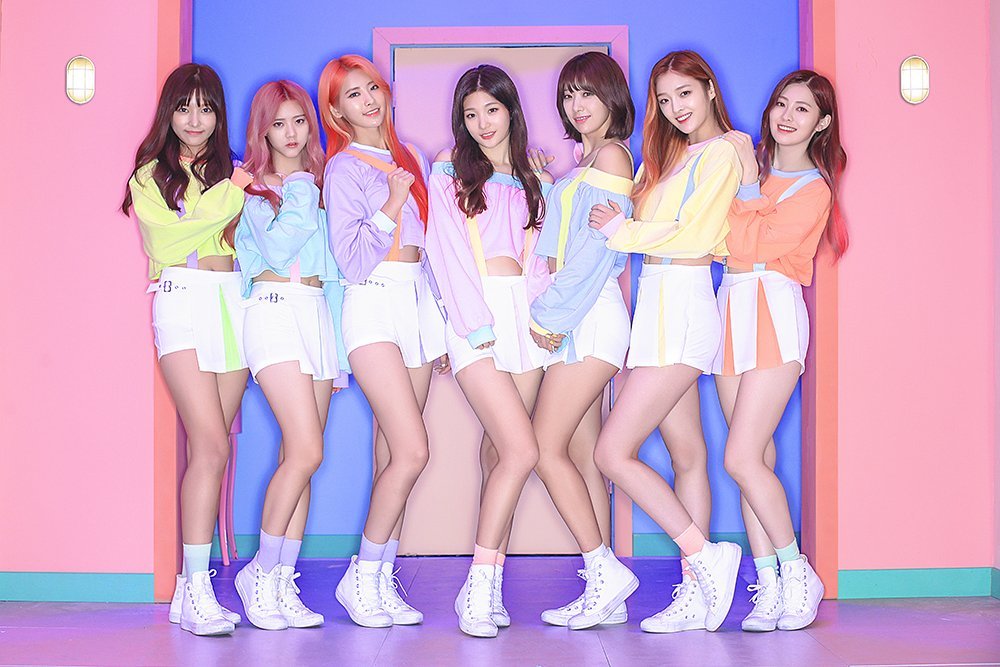Reviewing the Korean Film Archive: A Public Prosecutor & a Teacher

Between the end of World War 2 in 1945 and the start of the Korean War in 1950, Korea had a short amount of time to start finding its independent identity. As we have seen sound was introduced to kickstart the modernising of cinema there. Yet like in the west it took time to completely drown out silent cinema. The technology was nowhere near perfected so there had to be room for both to keep viewers interested. In 1948, A Public Prosecutor and a Teacher the final great Korean film of the silent film era was released. As we know silent films don’t just die out once their golden era ends, filmmakers throughout the years revive the form in a number of ways (Kim Ki-Duk did it with Moebius in 2013). It did however, spell the end for a uniquely Eastern form of cinematic storytelling, the byeonsa.
A byeonsa was a narrator of foreign silent films in Korea. It is a direct translation of the Japanese word Benshi, which were similar narrators descended from Kabuki and Noh theatre. Byeonsa’s were originally used to translate the dialogue and intertitles from foreign films. They also helped spread cinema to all of society as they translated Korean intertitles from silent films so illiterate people could enjoy. Eventually the byeonsas themselves became the most attractive thing about going to the cinema. Instead of just translating, they began to start acting out their own interpretations of lines, adding a more theatrical element to the cinema. The public would go to specific films just because their favourite byeonsa was performing; the actual content of the film was irrelevant.
Also on KultScene: This is the hardest K-pop quiz ever
Even as the very last film to employ a byeonsa, A Public Prosecutor and a Teacher is the perfect example of why they were so popular. Directed by Yoon Dae-Ryong, it is about a poverty stricken young boy named Min Jang-Son (Lee Eob-Dong) and his generous teacher Choi Yang-Chun (Lee Young-Ae, not the one in Daejanggeum). Jang-Son is struggling to eke out a life as an orphan looking after his sick grandmother when Yang-Chun notices him and starts to help. The story flashes forward halfway through as Jang-Son has grown up to be a prosecutor and works on a murder case involving Yang-Chun and her husband.
This story is secondary to A Public Prosecutor and a Teacher’s historical and cultural significance however. It is full of coincidences and melodrama for the sake of melodrama. Even the filmmaking is as bland as can be. Director Yoon and director of photography Kim Young-Sun shot it in the plainest way possible, looking more like a filmed stage play than cinema. The acting as well is either overly dramatic or delivered as if they were reading the script for the first time.
The star of the show is Shin Chool, Korea’s last byeonsa. He has the job of not only describing all of the action taking place but also of acting out the voice of every character in the film. In this film Shin Chool sounds like an older man, possibly in his fifties or sixties. For a viewer unfamiliar with this type of film hearing him tell us everything is immediately odd but thanks to his unique delivery the viewer quickly becomes comfortable. He delivers every single line with a passion that does not echo from the screen. Even during the most mundane lines he emotes as if on the verge of tears. When the film is at its most emotional, Shin seems to be having a breakdown, his voice turning to a blubbering gurgle. He hocks and rasps as if he has a terrible cold, bringing character to a film so devoid of any personality. There are even moments in between his lines where you can hear him breathing, allowing us some glimpse into what it might have been like to see this great performer live.
Also on KultScene: Reviewing the Korean Film Archive: The Day a Pig Fell Into the Well
Some moments in particular he brings great life to. The transition between the opening and the fast forward is like a poetry break. Shin speaks of the changing seasons and “the green mountains (that) beautify summer.” Small lines stick out for being more than just expository, “Cigarette smoke is the only thing that can’t speak.” The film also has a few times when it makes use of what a camera can tell by itself. After Yang-Chun has been arrested there is a short silent moment where we see her empty house. No story is being told her but we are given a sense of how she feels inside.
Like Sweet Dream, A Public Prosecutor and a Teacher gives us insights into Korea at a historical time that it’s hard to fully understand the culture there. This film in particular shows us something unique to the east. Thematically it contains a great sympathy for those in poverty, yet again says that women’s place is at home by their husband. Yang-Chun after the death of her husband says there is no point in a woman living without their husband. It is worth a watch however, for the pure experience that few today have probably enjoyed.
Watch the film here.
What do you think of A Public Prosecutor and a Teacher? Share your thoughts in the comment section below and be sure to subscribe to the site and follow us on Facebook, Twitter, Instagram, and Tumblr to keep up with all of our posts.









